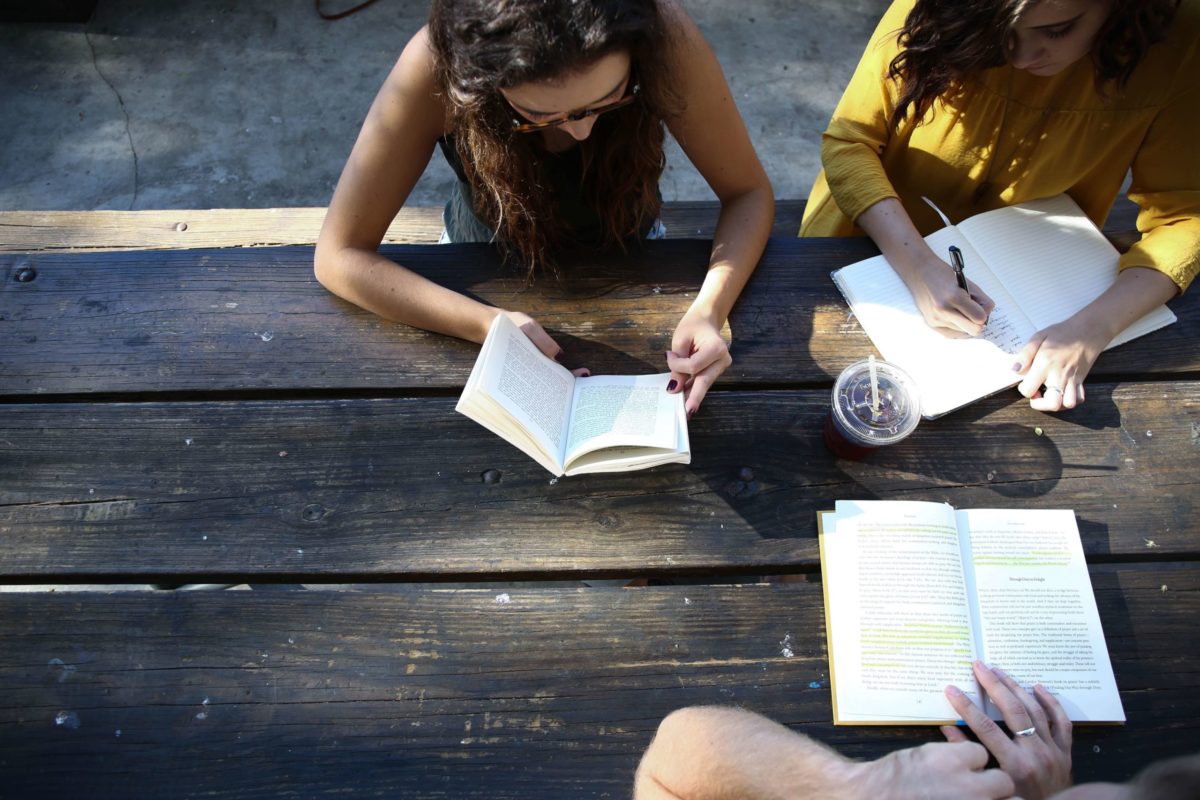Stanzas for Social Change: 4 Movements Poetry Helped Shape
Poetry has long served as a tool for social justice. At Read Poetry, we’ve celebrated poetry’s powerful impact on Black Lives Matter, reproductive rights, and queer rights. Today’s poets regularly take inspiration from modern headlines—from the #MeToo movement to the gun violence epidemic—harkening back to a deep-rooted literary tradition. Here are four of history’s most established movements and a look at how poetry amplified their messages.
1. The Women’s Suffrage Movement
More than a century before Halsey’s empowering spoken word at the Women’s March, Suffragette poets paved the way. Poetry played an unexpectedly major role in securing women the right to vote. In fact, the Women’s Suffrage Party adopted the voice of Mother Goose and wrote about their cause in nursery rhyme form, distributing illustrated, voice-driven poetry pamphlets that would communicate the value of women’s liberation to all ages. The Library of Congress also catalogues hand-written Suffragette song lyrics, which used poetic tactics like catchy rhyme, repetition, and musicality to get the message stuck in people’s heads.
Charlotte Perkins Gilman, a revered feminist and writer of the 19th century, wrote her iconic poem “We As Women” about the Women’s Suffrage Movement. “‘We, as women’ / are coming to change the world,” Gilman asserts in the poem. She later explains that women will not change the world through the traits society associates with them—beauty, purity, and politeness—but through the traits they see in themselves. “The world needs strength and courage, / And wisdom to help and feed,” Gilman emphasizes. “When, ‘We, as women’ bring these to man, / We shall lift the world indeed.”
2. The Harlem Renaissance
The Harlem Renaissance promoted Black intellectualism, creativity, and culture, spanning nearly every medium of art. The New Negro, an anthology of Black poetry, fiction, and essays, stands out as one of the most iconic. While many works from this period bravely spoke out against the atrocities of racism and inequality, numerous others celebrated Black joy and hope. This nuanced, emotional range makes up part of why works from the Harlem Renaissance are still beloved today, with many reading lists on the movement circulating.
In his poem “America,” famed Harlem Renaissance poet Claude McKay both expresses love for his country and laments its unapologetic cruelty. “I love this cultured hell that tests my youth,” he admits. Later, McKay again juxtaposes reverence and sadness: “Darkly I gaze into the days ahead, / And see her might and granite wonders there, / Beneath the touch of Time’s unerring hand, / Like priceless treasures sinking in the sand.”
3. The Environmental Movement
Poetry’s ties to nature are rich and prominent. Just as poetry can invite us to appreciate the natural world, it can also encourage readers to fight for it. Leading environmentalists and environmental publications often interview poets, making the art form a clear, emotive part of this important conversation. Some scholars even go so far as to ask, “Can poetry save the earth?”
Hilda Raz, a poet who has often written about the environment, uses poetry to showcase her love for the natural world. In “Some Questions about the Storm,” Raz translates current ecological fears into conversational, heartbreaking language. “Do you name your trees? / Who owns the trees?” Raz’s poem demands. “What’s real is the broken crown. The trunk shattered.”
4. The United Farm Workers Movement
Are you grateful for workers’ unions and anti-discrimination laws in the workplace? You probably have the United Farm Workers Movement to thank. Though it focused on agriculture and strove to highlight the unfair conditions faced by Latinx migrants, its triumphs uplifted us all. The UFW, who advocate for safe, equal working conditions and fight exploitation, have frequently stated the power of lyricism and storytelling in their movement. Their founder, Cesar Chavez, frequently used writing as an organizing tactic.
Today, a Cesar Chavez poetry contest exists, paying homage to both Chavez’s Latin pride and his fierce protection of workers. A recent winner, Edgar Vazquez, writes of Chavez, “For his people he would speak / With pride and fire in his voice / For his people he would act / With relentless effort.” The gorgeous description provides a roadmap of how we all might champion social justice.
What movement means the most to you? Write about it and your change-making words could be a part of history, 100 from now and beyond.




